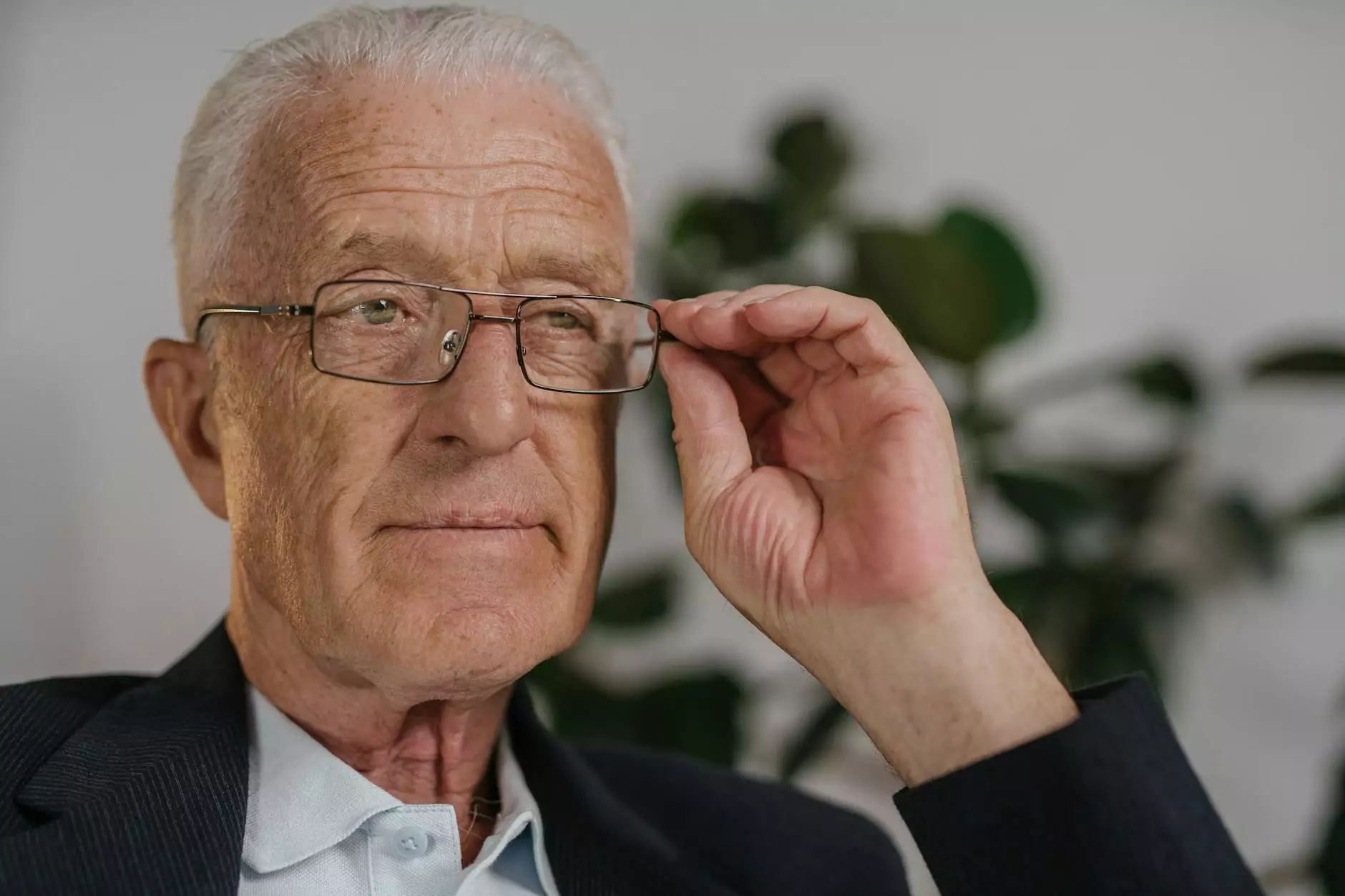The Role of a Game and Audio Design Engineer

The world of gaming has evolved tremendously over the past few decades. With the surge of technological advancements, the demand for specialized professionals like the game and audio design engineer has significantly increased. This article delves into the multi-faceted role of this professional, highlighting their importance, skills, and contributions to the gaming industry.
Understanding the Foundations of Game and Audio Design
At the core of any engaging video game is the immersive experience it provides to players. A game and audio design engineer plays a crucial role in crafting this experience through a blend of storytelling, interactive design, and audio effects. But what does this entail?
Defining Responsibilities
The responsibilities of a game and audio design engineer can be broad and varied, including:
- Audio Asset Creation: Designing and producing sound effects, music, and voice recordings that align with the game’s theme.
- Game Mechanics Design: Collaborating with game designers to integrate audio with gameplay mechanics seamlessly.
- Technical Implementation: Using programming languages and audio middleware to implement audio systems within the game engine.
- Testing and Optimization: Evaluating the audio experience throughout development to ensure optimal performance and quality.
Essential Skills of a Game and Audio Design Engineer
To become a successful game and audio design engineer, one must possess a diverse skill set. These include:
1. Proficiency in Audio Software
Familiarity with industry-standard audio design tools such as Pro Tools, Logic Pro, or FMOD is vital. These tools enable engineers to manipulate sound effectively, ensuring it is precisely what the game needs.
2. Understanding of Sound Design Principles
Knowledge of what makes sound impactful within a game setting is crucial. This includes an understanding of:
- Frequency Ranges: How different sounds affect gameplay and mood.
- Sound Layering: Creating rich soundscapes that enhance immersion.
- Spatial Audio Techniques: Implementing 3D audio to simulate real-world sound behavior.
3. Coding Skills
Many positions require a solid foundation in programming languages like C#, C++, or Python. These skills allow engineers to create and modify audio engine code, enabling seamless integration into game platforms.
4. Collaboration and Communication
Working with a team of developers, artists, and writers is essential. The ability to communicate ideas clearly and work collaboratively ensures that the audio complements the overall design and narrative of the game.
The Creative Process of Game and Audio Design Engineering
The journey from concept to a playable game involves various stages where the game and audio design engineer must infuse creativity and technical expertise.
Pre-Production: Laying the Groundwork
During the pre-production phase, engineers work closely with other creators to establish the game’s vision. This stage may include:
- Conceptual Sound Design: Creating mock-up sounds to visualize the audio culture of the game.
- Sound Mapping: Outlining how sound will interact within environments and gameplay scenarios.
- Research and Development: Staying abreast of new sound technologies and trends.
Production: Bringing Ideas to Life
As production ramps up, the engineer will spend time:
- Recording: Capturing sounds both in studios and in real-world environments.
- Editing and Mixing: Refining audio tracks to create the desired emotive responses.
- Implementation: Using game engines to integrate sound with visual elements effectively.
Post-Production: Finishing Touches
Once the game is nearing completion, the focus shifts to:
- Quality Assurance Testing: Testing the game to ensure sound effects are synchronized and optimized.
- Feedback Incorporation: Making necessary adjustments based on playtester feedback.
The Importance of a Game and Audio Design Engineer in the Gaming Landscape
The role of the game and audio design engineer cannot be overstated. They not only enhance player experience but also uplift the narrative, creating emotional connections between players and the game world. Some key points to consider include:
Enhancing Immersion
Games are an interactive medium that thrives on player immersion. With expert audio design, engineers can create soundscapes that draw players deeper into the story, making them feel as if they are part of the action.
Creating Unique Brand Identities
Every game franchise has its audio signature, from iconic soundtracks to memorable sound effects. A skilled game and audio design engineer shapes these auditory identities, leaving a lasting impact on players. Consider the recognition associated with sounds from famous games like The Legend of Zelda or









